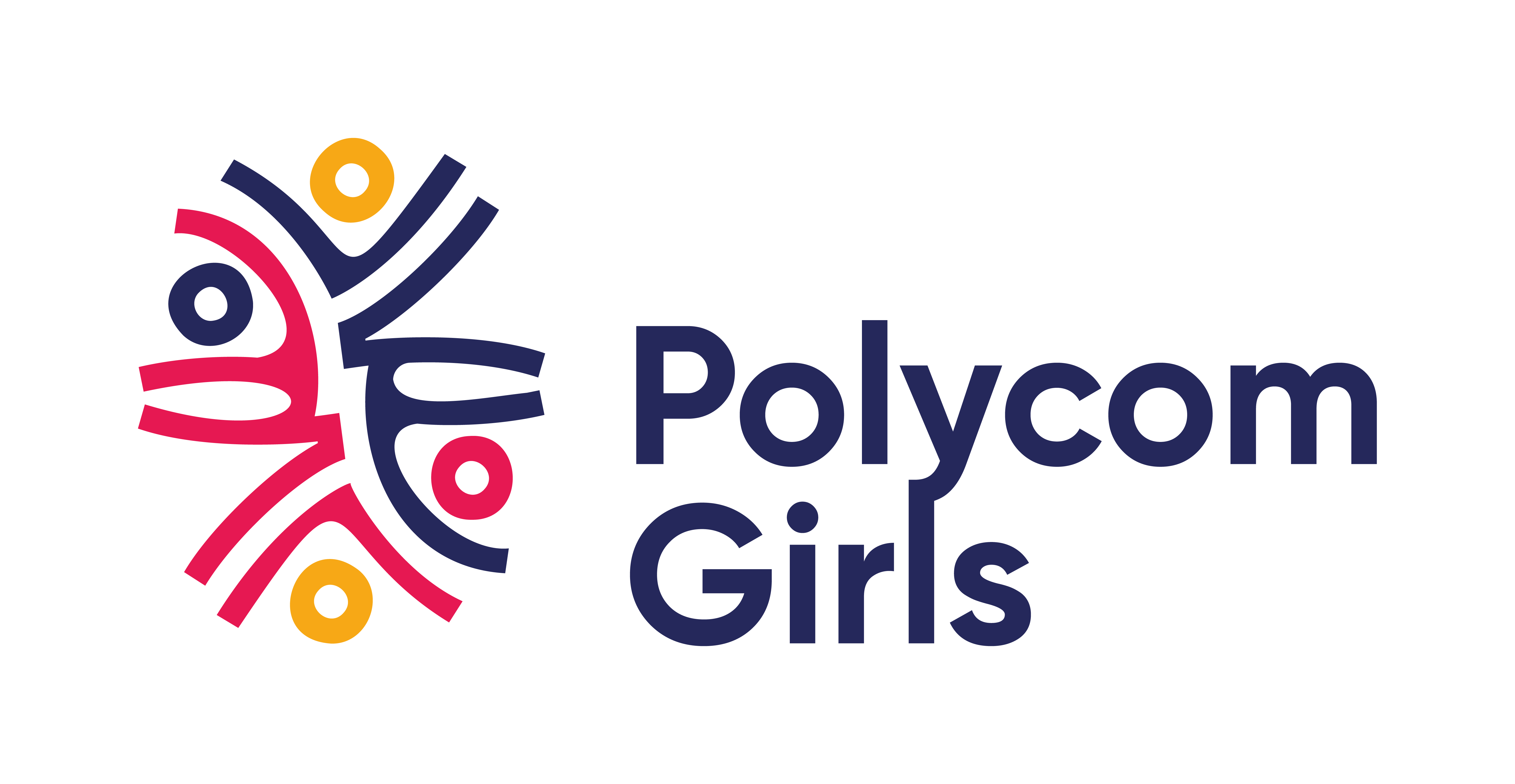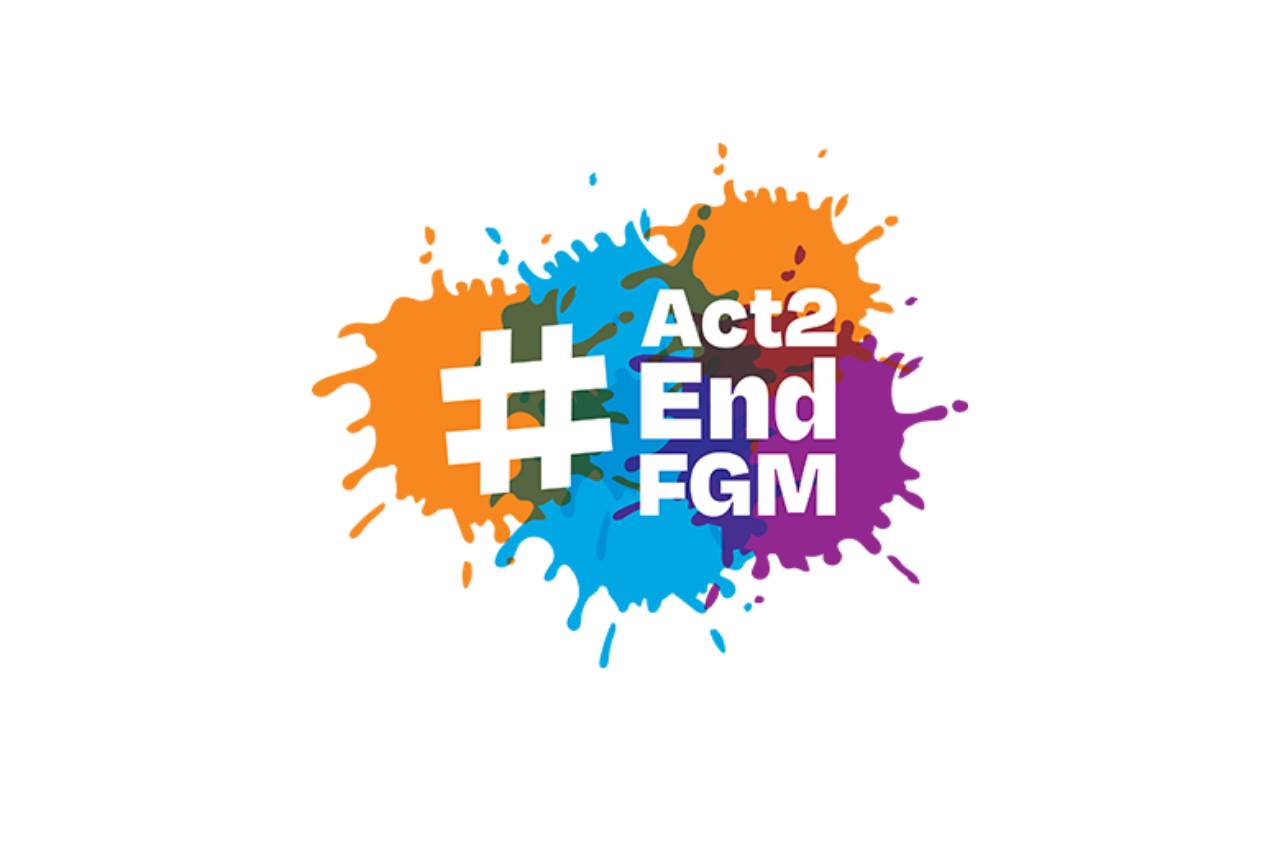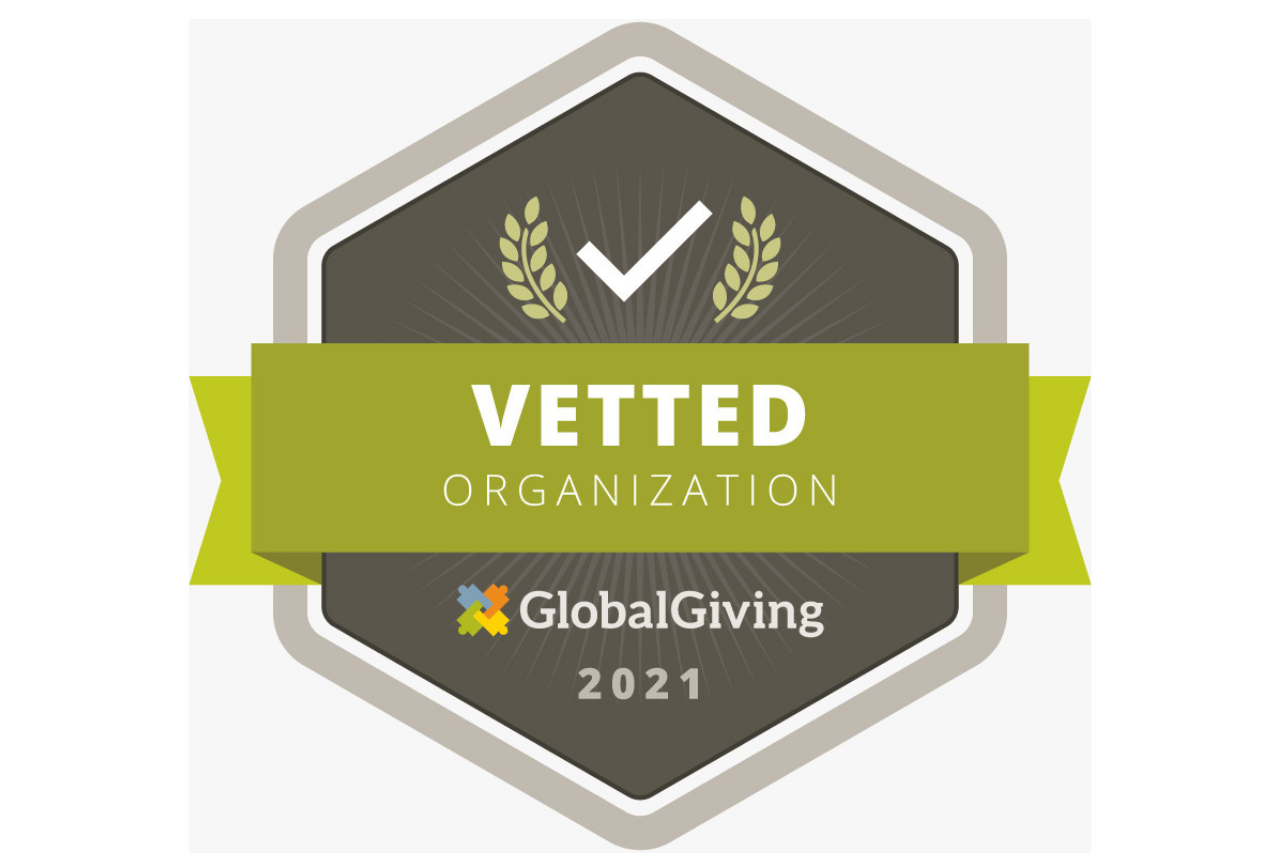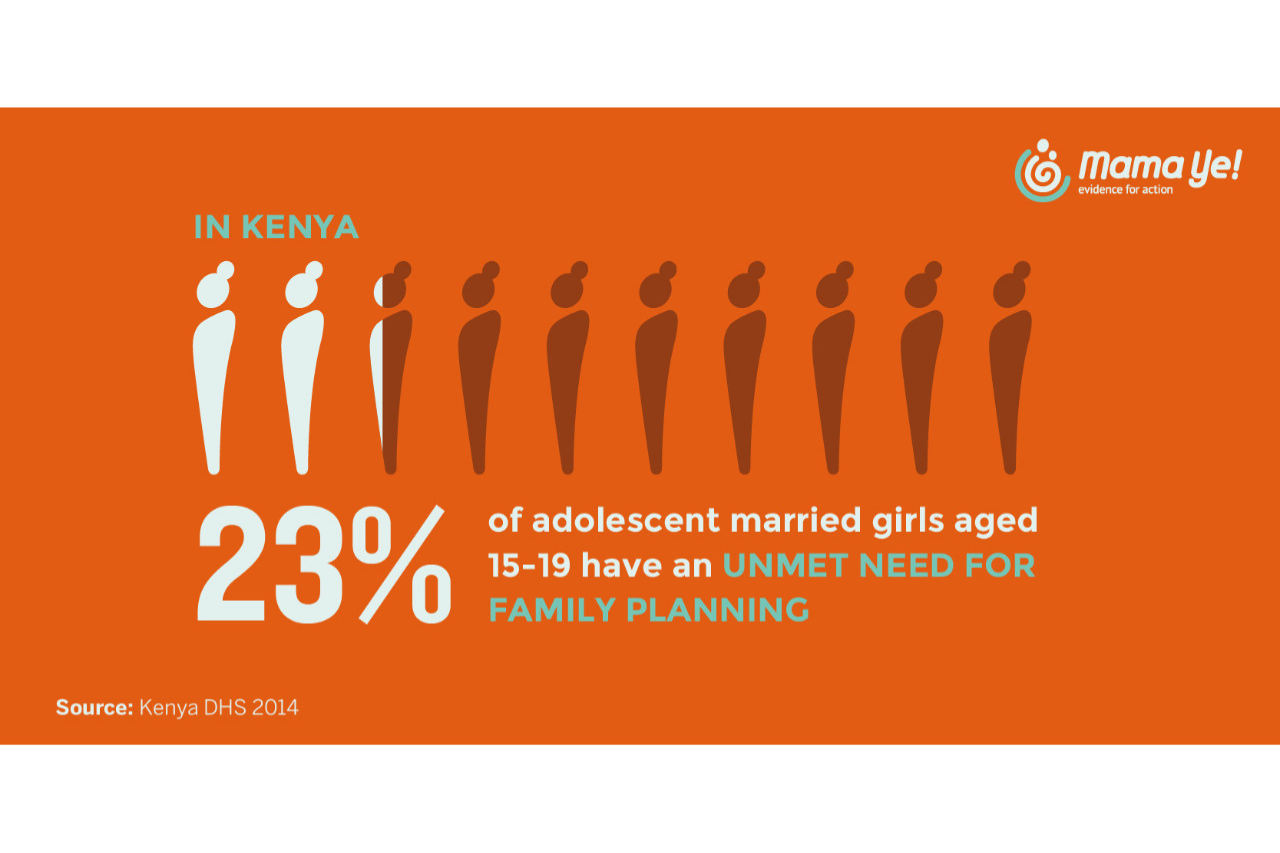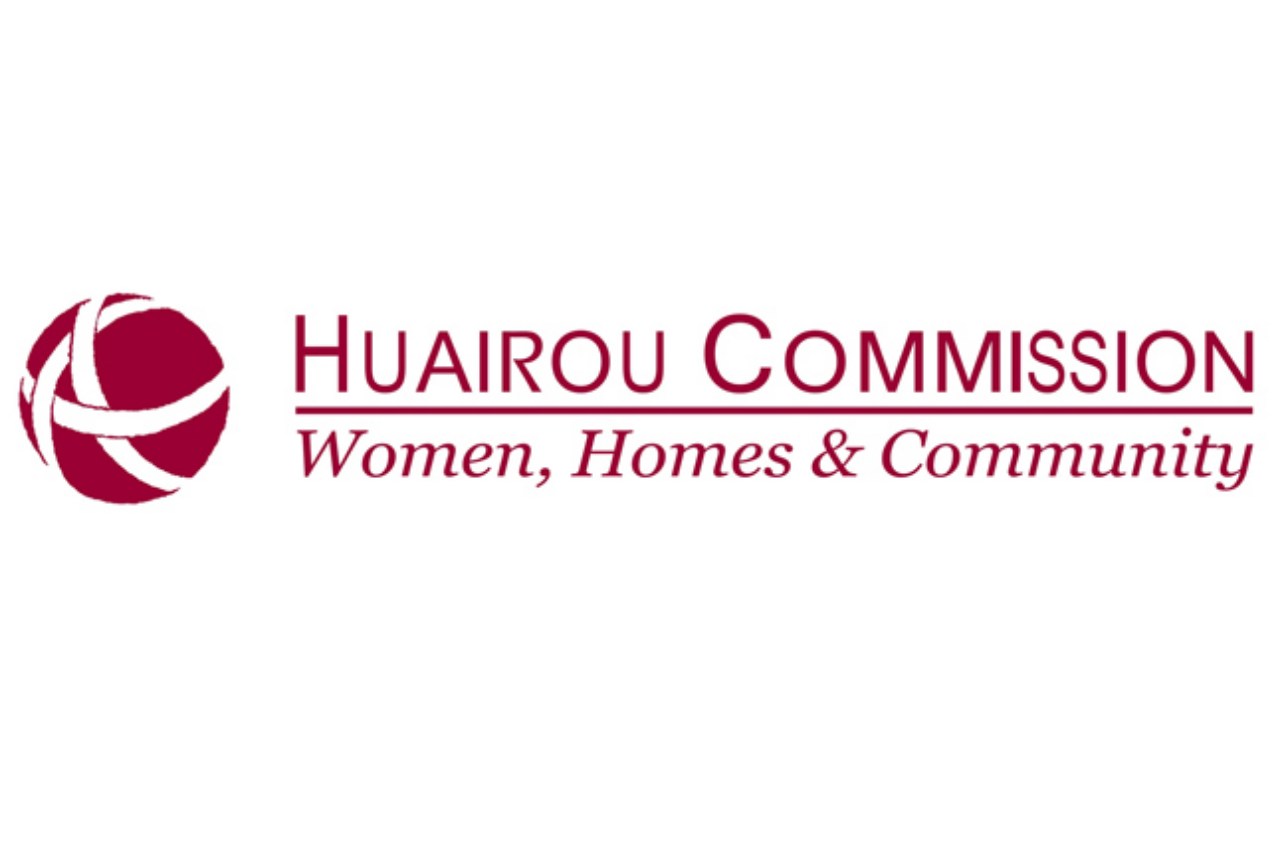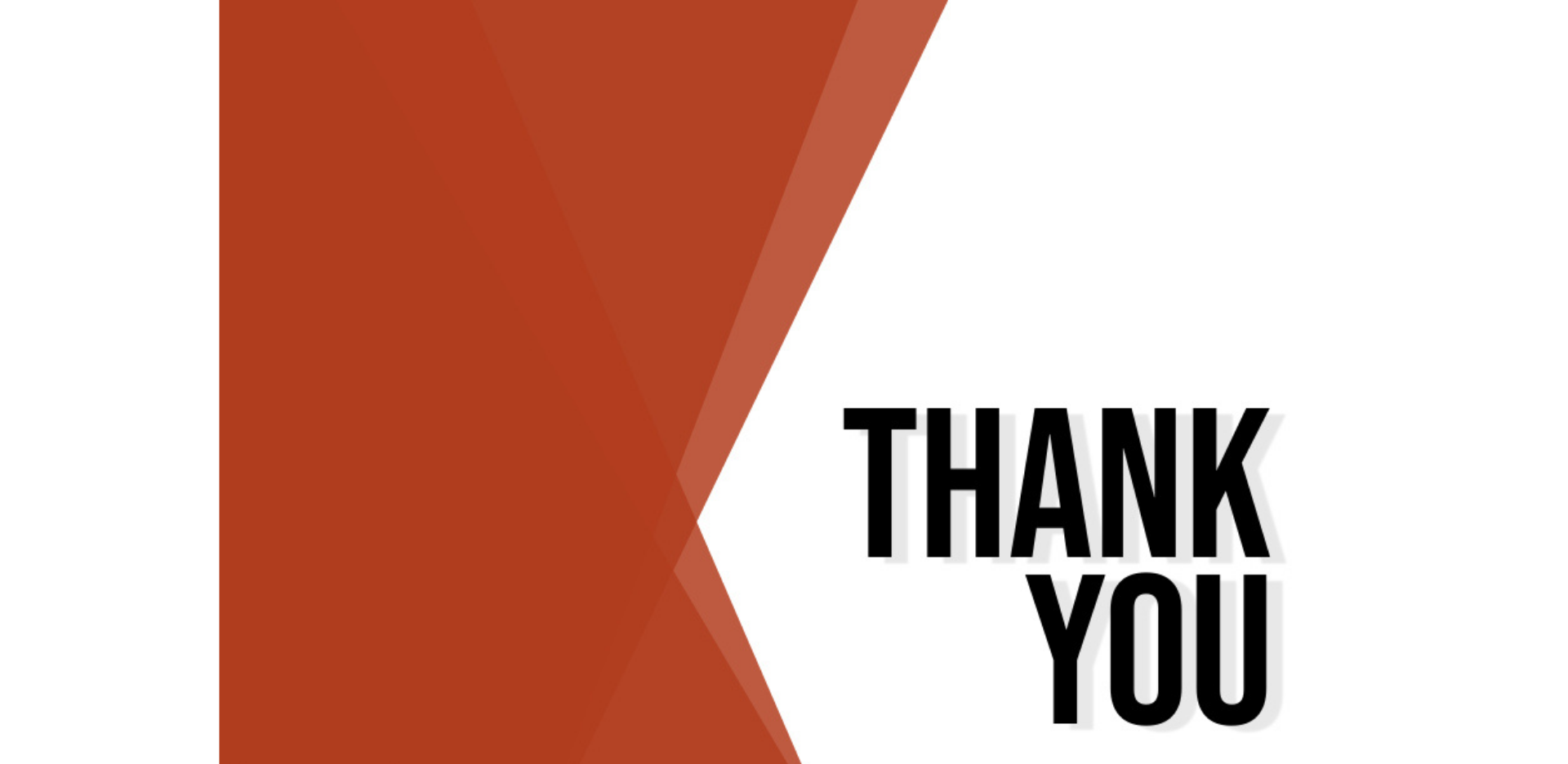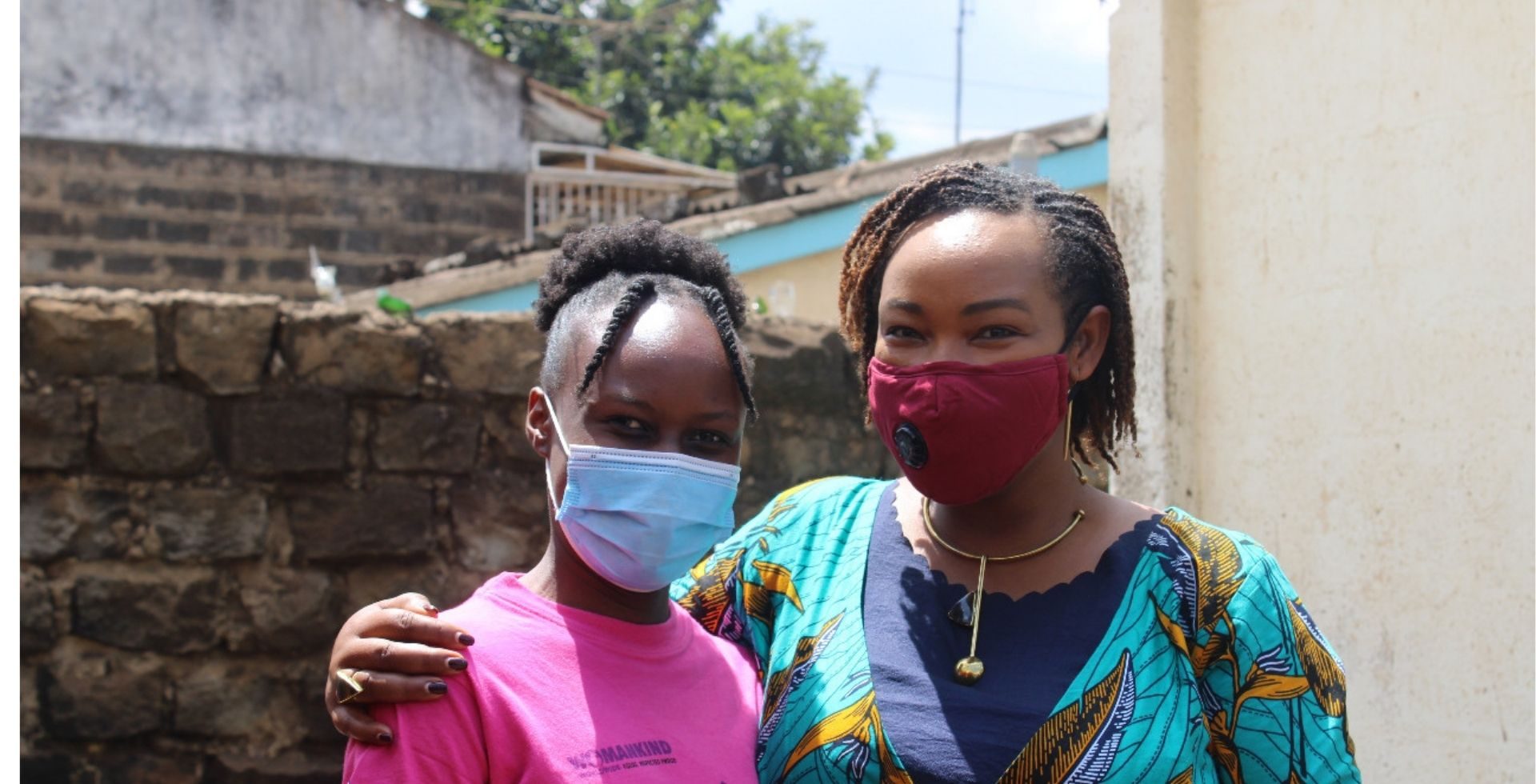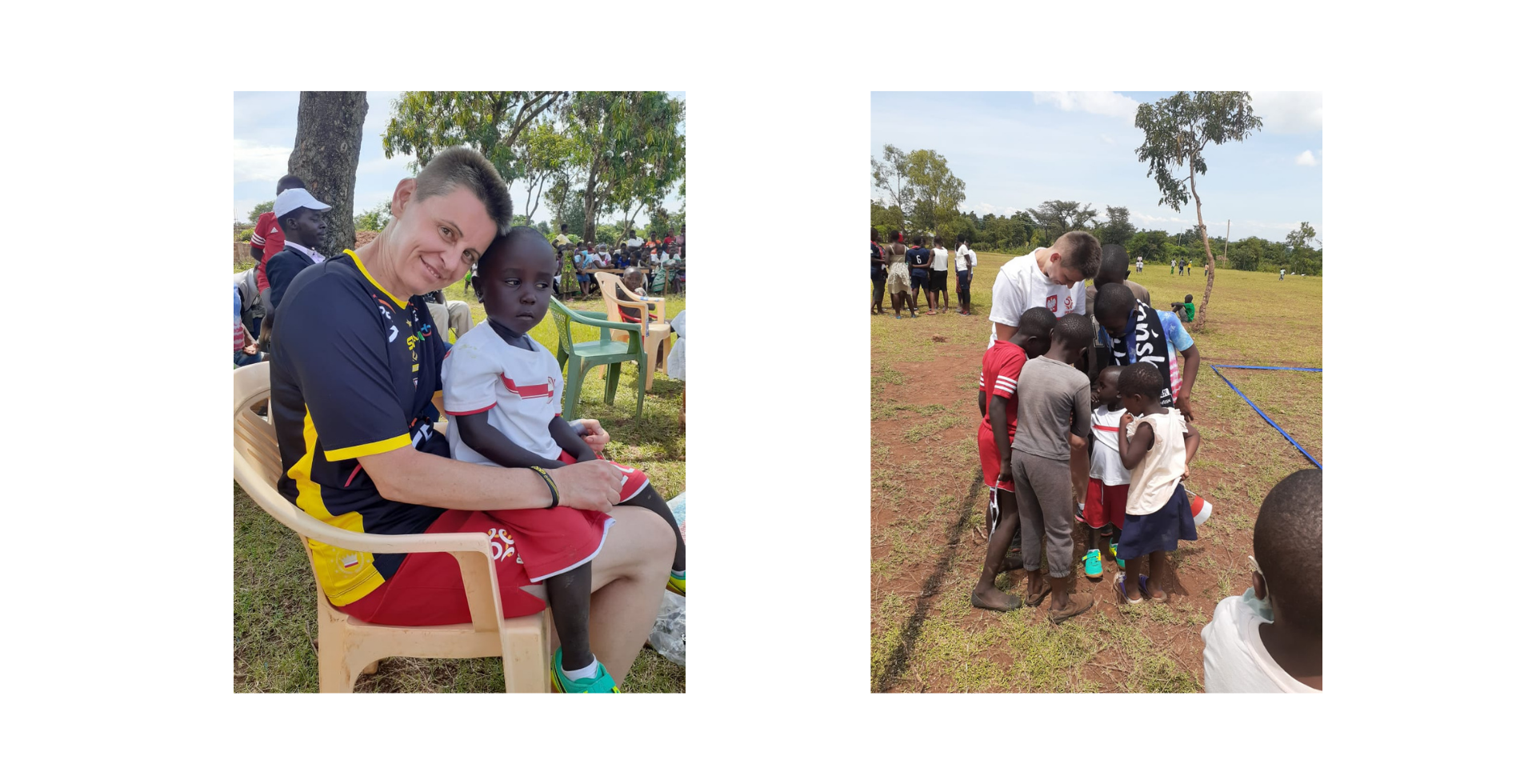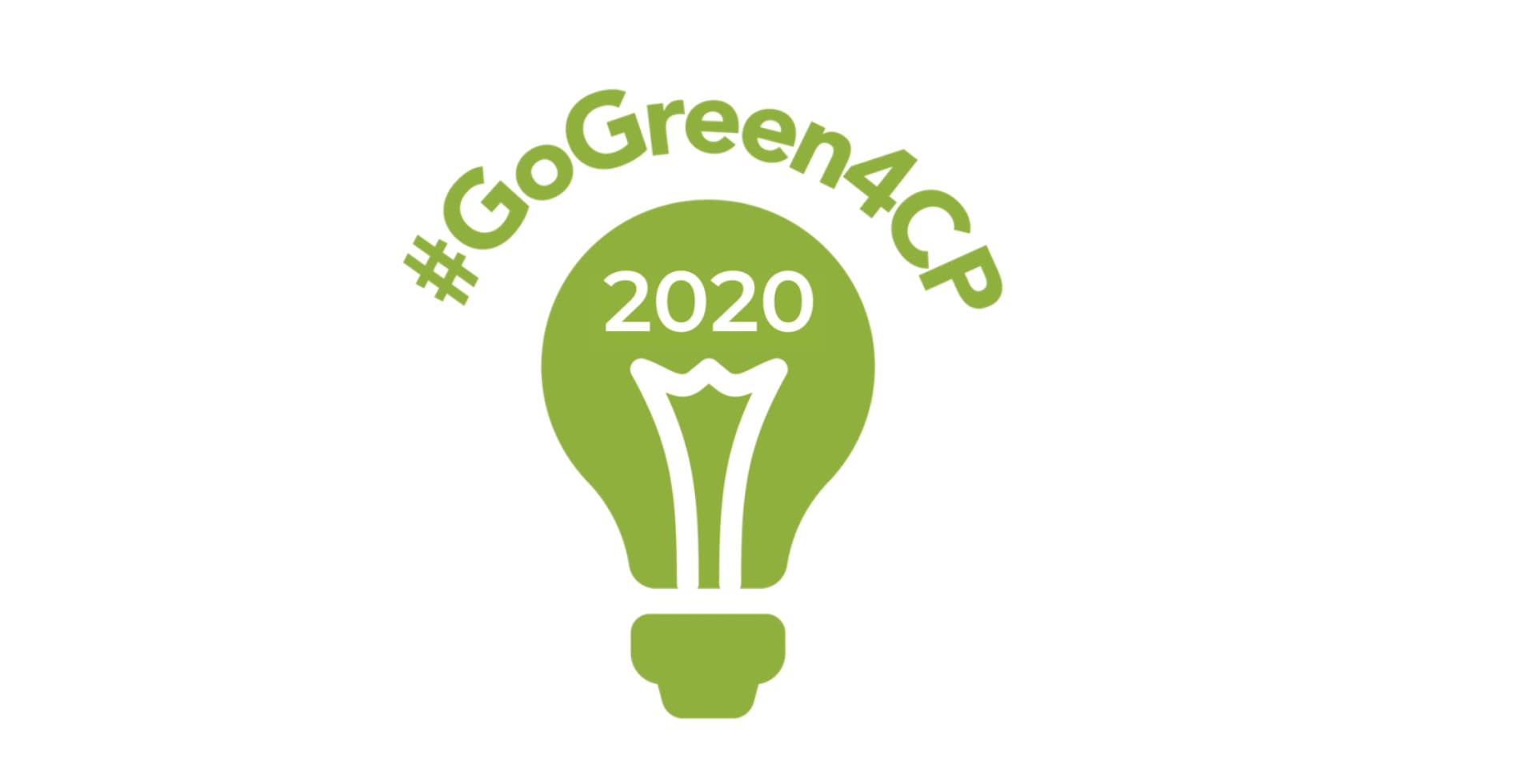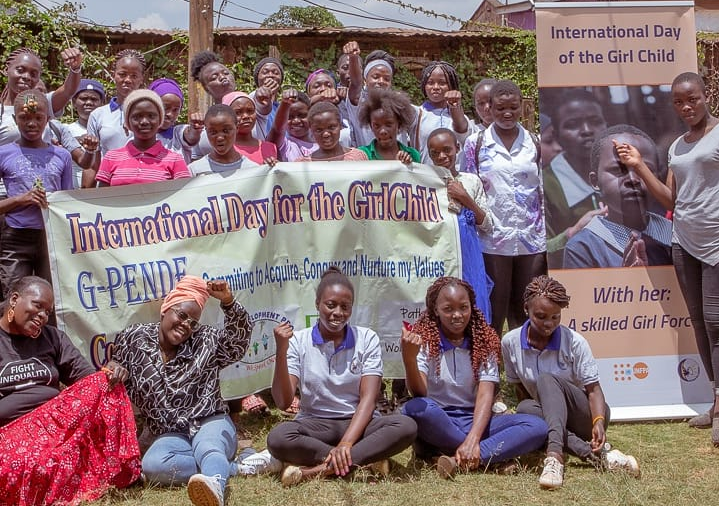#speak out and end FGM
The thought of being mutilated sends shivers down my spine. As I read the stories online and see the young girls cry and wince in pain, I can only cringe in pain with them. This is immeasurable pain. This is gruesome cruel pain. I can only imagine the cries of the young girls who have to go through this heterogeneous practice.
Sometime back, I did not understand what FGM was but I met someone and she explained to me the different types of mutilation that our women and girls go through. Her description was horrendous. On further query she says that most cultures that practice it, say the woman is not meant to enjoy coitus.
Then I asked her, what will happen at birth, honestly, won’t this woman feel pain giving birth naturally? We stare at each other in disbelief. Maybe because she has not thought about that or she has the answer but she cannot explain further.
Years later, I build up the passion of engaging adolescent girls and women from Kibera informal settlements. Some of the communities that reside in the slum actually practice female genital mutilation as a cultural requirement. When I glance at all these young beautiful faces, I can only decipher what some have faced. That is, if they have undergone FGM.
We as an organization have offered extensive mentorship to our adolescent girls within 50 primary schools. We have focused more on sexual reproductive health and rights. However, we have never encountered an adolescent girl willing to share her experience. This may be either for fear of stigmatization or fear itself.
According to UNICEF Data, at least 200 million girls and women alive today living in 31 countries have undergone FGM. The exact number of girls and women worldwide who have undergone FGM remains unknown there has been an overall decline in the prevalence of the practice over the last three decades, but not all countries have made progress and the pace of decline has been uneven.
Amongst the 17 commitments made by the Government of Kenya at the Nairobi Summit on ICPD25 was the elimination of female genital mutilation (FGM) in Kenya by 2022, ahead of the global target of 2030.
With the support of partners including the United Nations Population Fund (UNFPA), the government through a multi-stakeholder approach has made progress on this commitment, including the training of over 4,000 law enforcement officers and community leaders on FGM prevention.
This is a great commitment by the Government towards using a multi-Sectoral approach. However, the Government needs to note that the urban areas need this form of advocacy and lobbying. We noted that most girls once they close school for long holidays often go to their rural areas to undergo the ‘cultural rite of passage.’
The question is how far has the Government of Kenya gone towards ending FGM? 2022 is just around the corner, have we managed to influence the mindset of that rural woman who still strongly believes this young girls need to be cut? What about those in urban centers who still believe in following their culture to the latter despite their harmful practices?
A friend of mine once said, some cultures in Kenya will not marry a lady who is not circumcised. I looked at her in disbelief.
According to WHO, Female Genital Mutilation comprises all procedures involving the removal of the external female genitalia or other injury to the female genital organs for non-medical reasons.
On average girls are subjected to FGM between birth and age 15. FGM is not prescribed by any religion and has no health benefits. On the contrary the practice can cause life-lasting physical and psychological trauma.
Immediate consequences of FGM include severe pain and bleeding, shock, difficulty in passing urine, infections, injury to nearby genital tissue and sometimes death.
When giving birth, the scar tissue might tear, or the opening needs to be cut to allow the baby to come out. After childbirth, women from some ethnic communities are often sown up again to make them “tight” for their husband (re-infibulation). Such cutting and re-stitching of a woman’s genitalia results in painful scar tissue.
In addition to the severe pain during and in the weeks following the cutting, women who have undergone FGM experience various long-term effects – physical, sexual and psychological.
We need to speak out as a country as a community as women as adolescent girls. We need to end this violence against women and girls.
Silence only allows FGM to continue. We must speak out and let our voices be heard. We can lead the change so that everyone walks with us.
#TowardsZeroToleranceonFGM
#EndFGM
#TheMarchContinues
#ICPD25+1
As the world marks the day on February 6, 2021, From commitment to action should be our focus as Civil Societies, Government and the Community.
FGM has to end.
[/vc_column_text][/vc_column][/vc_row]
